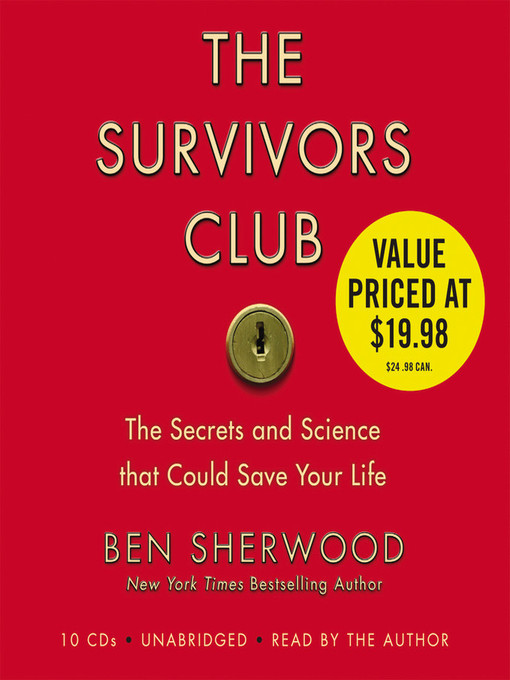Each second of the day, someone in America faces a crisis, whether it's Covid-19, a car accident, violent crime, or financial trouble. Given the inevitability of adversity, we all wonder: Who beats the odds and who surrenders? How can I become the kind of person who bounces back?
The fascinating, hopeful answers to these questions are found in The Survivors Club. In the tradition of The Tipping Point and Freakonomics, this book reveals the hidden side of survival through:




